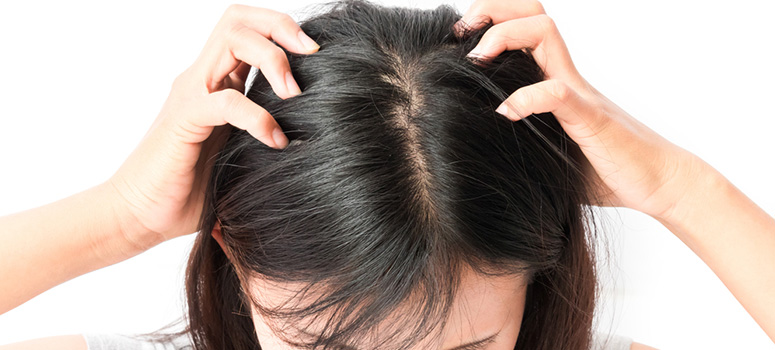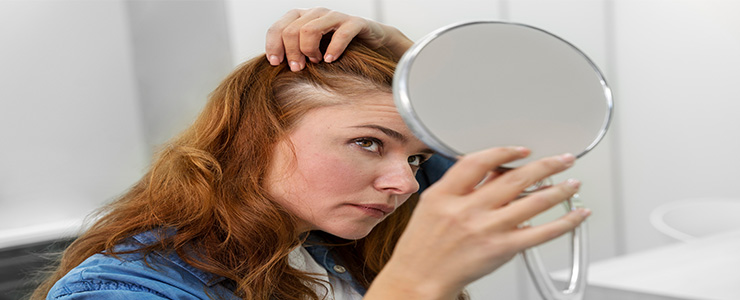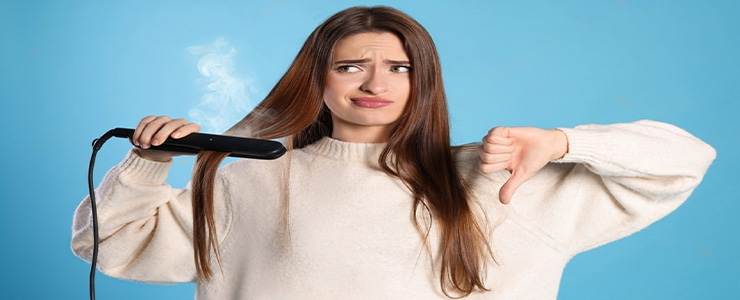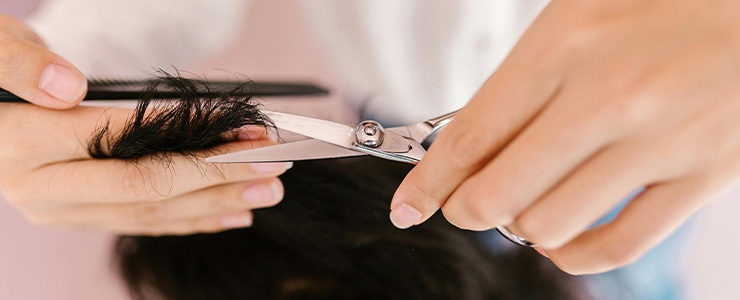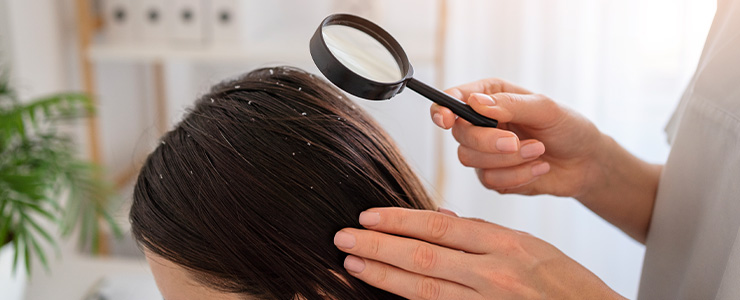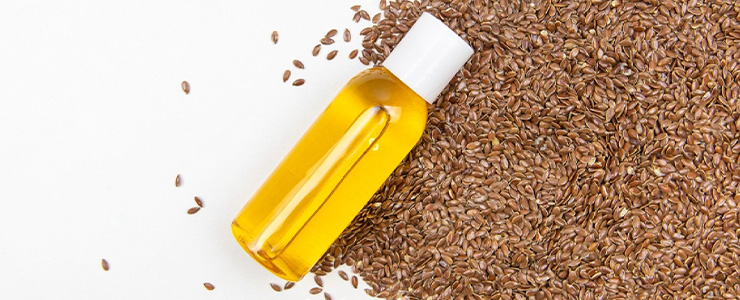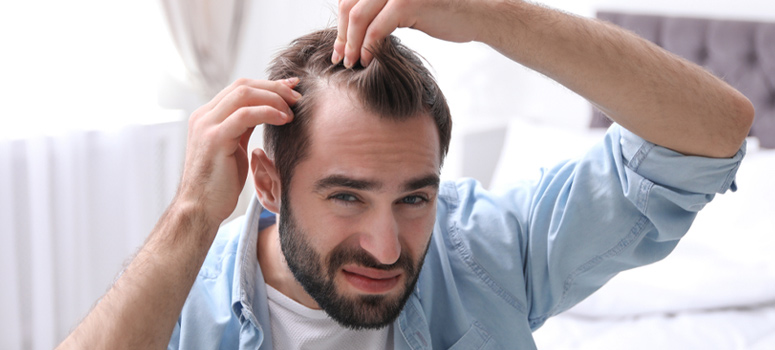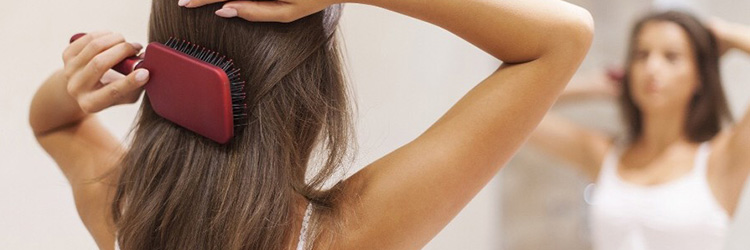An itchy scalp, also known as scalp pruritus, is a common skin ailment even though exact statistics regarding its prevalence are scarce. In most cases, scalp pruritus is a purely cosmetic concern and easily remedied. However, if the condition persists and is accompanied by more severe symptoms like pain, sores, or bleeding, it is advisable to consult a medical professional for a definitive diagnosis. Below, we have listed ten probable causes of an itchy scalp and its treatment options as recommended by experts.
- Dandruff
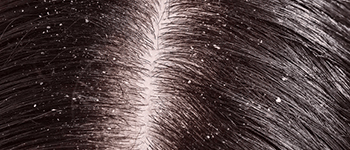
-
- What do experts say about dandruff?
According to experts and contrary to popular belief, dandruff has nothing to do with hair. It is the skin on the scalp that is the actual culprit. The exact cause of dandruff is unknown-however a fungus called Malassezia is considered one contributor. Another common cause of dandruff is seborrheic dermatitis or seborrhea.
-
- What is an effective treatment for dandruff?
For mild cases of dandruff, it is advisable to wash the scalp with any gentle OTC shampoo. However, for severe cases, doctors prescribe medicated shampoos which are more effective. Practice discretion when choosing an anti-dandruff shampoo and consult a medical professional if the condition persists.
- Hives
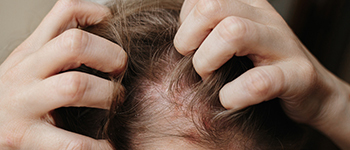
-
- What do experts say about hives?
Hives are usually a result of an allergic reaction that causes the body to release histamines into the blood. The histamines can, in turn, cause some people to develop swelling or itching.
-
- What is an effective treatment for hives?
As already stated, hives usually go away on their own. But in chronic or acute cases, a doctor may prescribe antihistamines such as cetirizine or fexofenadine to reduce the rash and stop itching. A doctor may also prescribe corticosteroids.
- Scabies
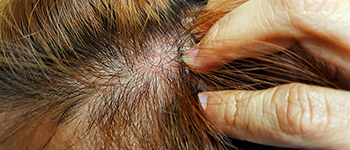
-
- What do experts say about scabies?
Scabies is extremely common, highly contagious, and passed through direct skin contact with an infected person, their clothing, or bedding. It is also important to note that people usually have no symptoms when they get scabies.
-
- What is an effective treatment for scabies?
Treatment of scabies involves prescription medication such as creams, lotions and pills.
- Scalp Ringworm
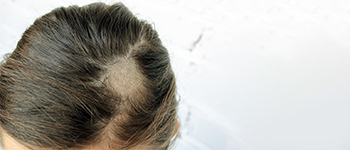
-
- What do experts say about scalp ringworm?
The symptoms of ringworm include both itchy scalp and hair loss. Other symptoms are brittle hair, low-grade fever, painful scalp, and in severe cases, oozing pus.
-
- What is an effective treatment for scalp ringworm?
Treatment for ringworm includes antifungal medication like griseofulvin, terbinafine hydrochloride and medicated shampoos containing ketoconazole or selenium sulfide.
- Reaction to a Hair Care Product
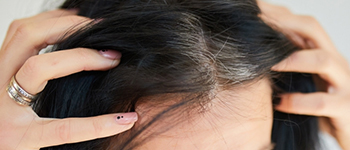
-
- What do experts say about allergies from hair care products?
If you frequently suffer from a dry, itchy scalp, it may help to learn about hair care ingredients to avoid. Sulfates and parabens are two examples of itchy skin-causing ingredients in everyday shampoos.
-
- What is an effective treatment for reaction to hair care products?
The most effective way to stop itching caused by hair care products is to stop using the said products altogether.
- Scalp Psoriasis
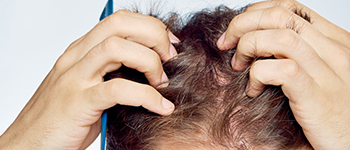
-
- What do experts say about scalp psoriasis?
The exact causes of scalp psoriasis are unclear. However, doctors believe the root cause may be issued with the immune system that causes skin cells to develop into patches. Scalp psoriasis is not contagious, however, you may be more likely to get it if it runs in your family.
-
- What is an effective treatment for scalp psoriasis?
The best treatment for an itchy scalp caused by scalp psoriasis involves medication. These include Calcipotriene, Betamethasone-calcipotriene,Tazarotene and Oral retinoids. Treatment might also include Ultraviolet (UV) light therapy.
- Atopic Dermatitis
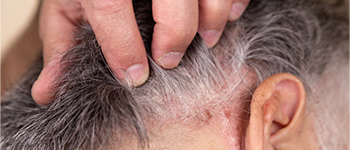
-
- What do experts say about atopic dermatitis?
Atopic dermatitis is a chronic condition that flares up periodically. The condition may also be accompanied by asthma or hay fever.
-
- What is an effective treatment for atopic dermatitis?
Treatment for atopic dermatitis varies depending on the symptoms. For example, corticosteroid creams or ointments may be prescribed to control itching, antibiotic creams to treat bacterial infections, and oral corticosteroids to target inflammation.
- Nerve Problems

-
- What do experts say about nerve problems?
Research shows that lesions in the nervous system are one of the causes of this condition. Other diseases that may cause neuropathic itch include stroke, diabetes, and multiple sclerosis. The symptoms of nerve problems include burning, wetness, and pain.
-
- What is an effective treatment for nerve problems?
Itchy scalp treatment for itching caused by nerve problems varies depending on the root cause and is difficult as most anti-itch medications do not provide relief. Treatment options can include lidocaine creams or patches, botox, neurostimulation techniques and acupuncture.
- Head lice
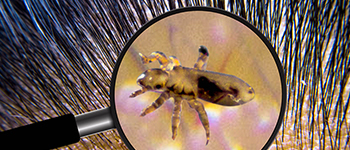
-
- What do experts say about head lice?
Head lice symptoms include itching caused by bites, a tickling feeling, sores, and infections on the scalp. Head lice are highly contagious, hard to get rid of, and spread through head-to-head contact with an infected person.
-
- What is an effective treatment for head lice?
Effective treatment for head lice involves medicated shampoos. Treatment may also include OTC medication containing pyrethrin, a compound that is toxic to lice. In cases where OTC remedies are not useful, a doctor may prescribe ivermectin, malathion, etc.
- Skin Cancer
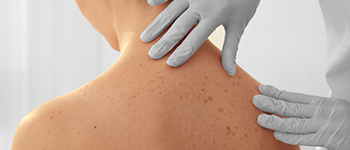
-
- What do experts say about skin cancer?
Basal cell carcinoma and squamous cell carcinoma are two of the most common types of skin cancer and are considered highly curable. These cancers have different symptoms but generally present themselves in the form of raised red patches that might be itchy and sores that bleed, scab, and keep returning.
- What is an effective treatment for skin cancer? Skin cancer treatment depends on the type, location, severity, and several other criteria. Some possible treatments include surgery, radiation, or chemotherapy. The symptoms of itchy skin will be relieved once the cancer treatment is successful. However, while the cancer is ongoing, a doctor may prescribe topical steroids and antihistamines for itchy skin treatment
Conclusion
The above list provides an overview of the common causes of an itchy scalp and possible treatment options. However, for an accurate diagnosis and a more comprehensive treatment plan, it is advisable to contact a professional dermatologist. This is especially crucial if the itching is persistent, painful, and does not respond to common solutions. Skin and Hair Academy can help you get in touch with leading dermatologists near you who will solve all of your queries

